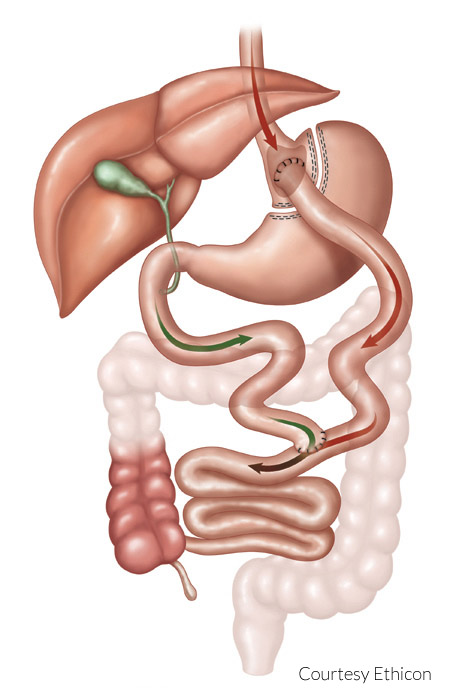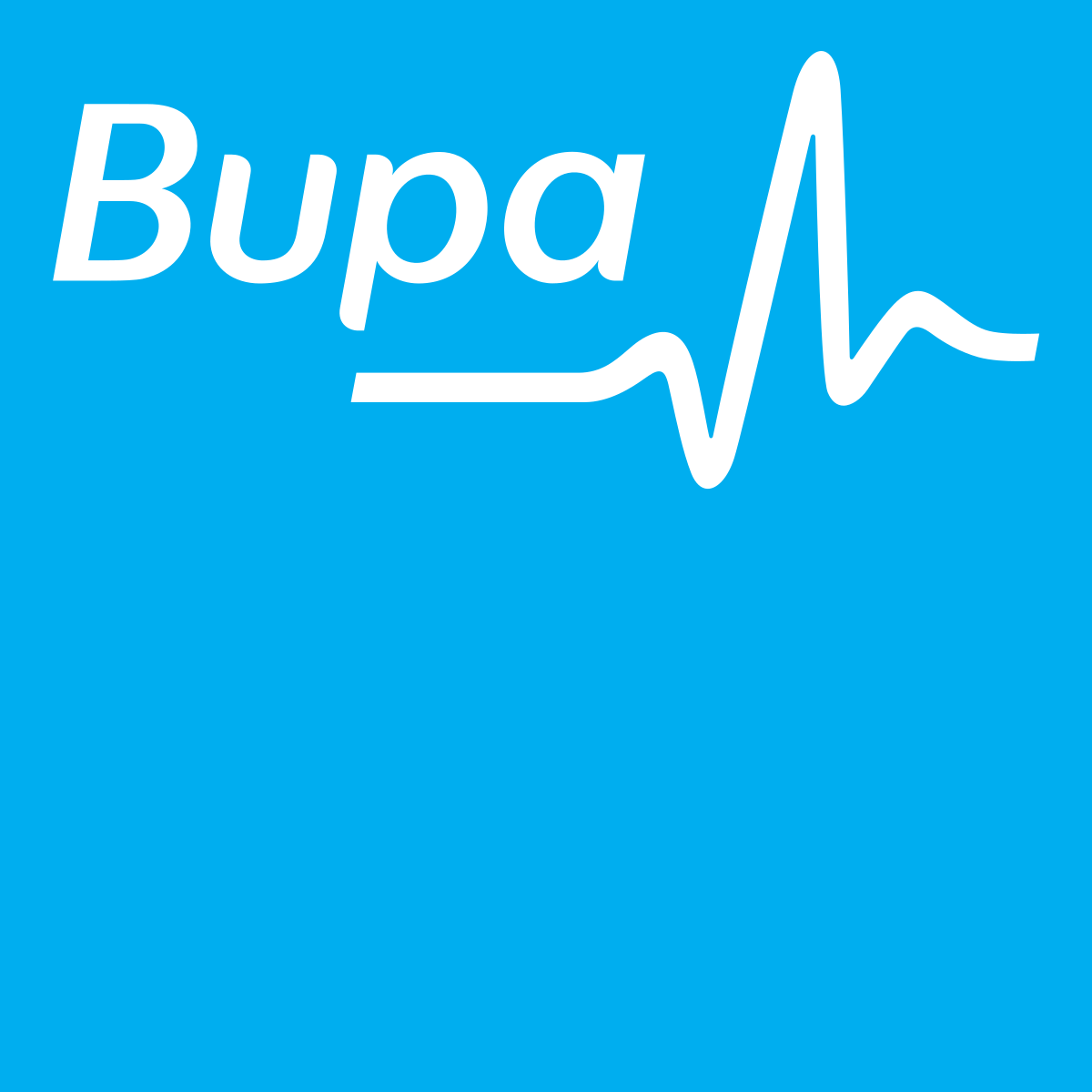Gastric Bypass Surgery
 The gastric bypass has been successfully performed for several decades. For many of those years, it was considered the “gold standard” in bariatric surgery because of the exceptional weight loss and disease resolution potential that most patients achieved.
The gastric bypass has been successfully performed for several decades. For many of those years, it was considered the “gold standard” in bariatric surgery because of the exceptional weight loss and disease resolution potential that most patients achieved.
Gastric bypass results in the size of the stomach being lessened, while a portion of the small intestine is bypassed. It is this combination that offers particularly good disease resolution results with type II diabetes and chronic acid reflux or GORD.
As with most bariatric procedures today, the gastric bypass is performed in a minimally invasive manner, known as laparoscopic surgery and takes around 50 minutes to complete with a 1 night hospital stay. Rather than a single, large incision, minimally invasive techniques allow for the surgery to be performed through 4 or 5 small incisions in the abdomen. Specially-made medical devices are passed through the incisions, including a high-definition camera known as a laparoscope.
How the Gastric Bypass Works
Mr. Ahmed begins by removing approximately 80% of the existing stomach. What is left is about the size of a golf ball and holds significantly less food. This restriction means that patients will eat significantly less after surgery. The cut-away portion of the stomach is detached, but not removed from the abdomen. It receives no food, but continues secreting digestive enzymes.
The second half of the procedure is the alteration of the small intestine, also known as the jejunum. At this point, Mr. Ahmed will bypass a portion of the small intestine usually in the range of 100cm. ersion has effects on gut hormones and other metabolic functions resulting in fewer calories being taken in. Patients who have struggled lifelong to lose weight can now finally achieve 25-35% total body weight loss in the 6-12 months after surgery.
Results of the Gastric Bypass
Results will vary between patients as lifestyle change is an integral part of the success of any bariatric procedure. However, on average, patients that are willing and able to follow their post-surgical dietary and exercise program may lose up to 35% of their total body weight. In addition to weight loss, many of the diseases associated with morbid obesity, in particular type II diabetes and chronic acid reflux, high blood pressure, high cholesterol and sleep apnoea are improved or resolved.
Benefits of Gastric Bypass
- The procedure boasts some of the highest total body weight loss, as well as disease improvement or resolution rates of any weight loss surgery available
- Particularly high-resolution rates of type II diabetes and chronic acid reflux, also known as gastroesophageal reflux or GORD. As to diabetes resolution, we now surmise that the intestinal diversion part of the procedure changes gut hormones, bile acid metabolism and also re-balances gut bacteria. These changes lead to improvement or remission of diabetes within the first few days after surgery
Considerations of the Gastric Bypass
- All of the risks of any major surgical procedure including pain, blood loss and infection
- Patients will have to take vitamin and mineral supplements for the rest of their lives.
- In extremely rare cases, the staple line used to seal the stomach may leak or bleed, requiring an additional surgical procedure
- Patients may become inebriated more quickly after surgery
For more information about the gastric bypass, please contact us to schedule an appointment with Mr Ahmed.
 Consultant Laparoscopic & Bariatric Surgeon
Consultant Laparoscopic & Bariatric Surgeon





